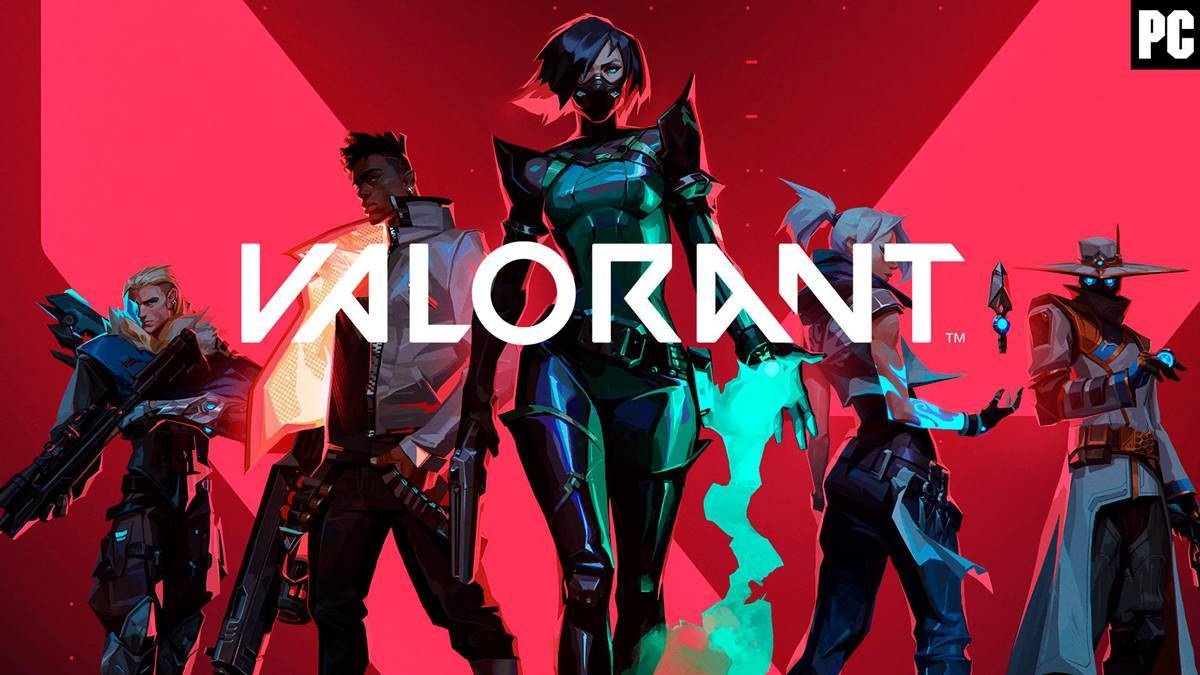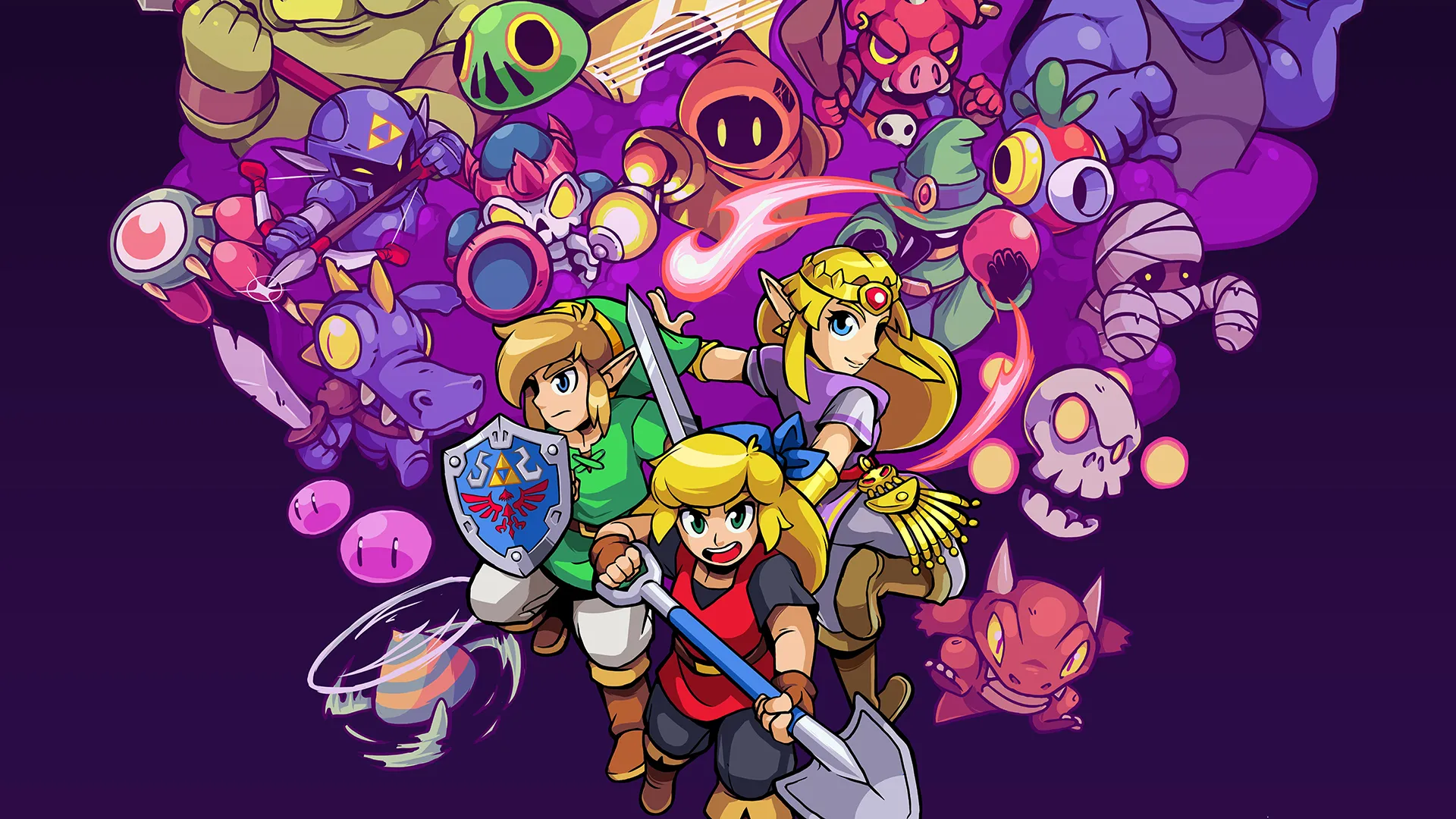Valorant, developed by Riot Games, is a tactical first-person shooter (FPS) that has rapidly gained traction since its release. Launched on June 2, 2020, the game combines precise gunplay with unique agent abilities, creating a competitive environment that challenges both strategic and reflexive skills. In this comprehensive guide, we will explore the key aspects of Valorant, including gameplay mechanics, graphics, and sound design. We will also review critical feedback, community reactions, and address frequently asked questions to provide an in-depth understanding of the game.
Overview of Valorant
What is Valorant?
Valorant is a tactical FPS that emphasizes team-based strategy and precision shooting. Set in a near-future world, the game features a roster of agents, each with unique abilities that complement the traditional gunplay. The objective varies between attacking and defending bomb sites, with a round-based structure similar to Counter-Strike. Valorant aims to blend tactical depth with fast-paced action, making it a compelling choice for competitive gamers.
Key Features of Valorant
Tactical Gameplay and Strategy
Valorant stands out for its emphasis on tactical gameplay. Each match is played in a best-of-25 round format, with teams alternating between attacking and defending. The attacking side aims to plant a spike (a bomb) at designated bomb sites, while the defending side works to prevent this or defuse the spike if planted. The strategic depth of Valorant is enhanced by the need for precise shooting, careful positioning, and coordination with teammates.
Diverse Agent Roster
One of Valorant’s defining features is its diverse roster of agents. Each agent has unique abilities that can influence the course of a match. Abilities range from offensive tools like flashbangs and smoke screens to defensive mechanisms such as barriers and healing. The interplay between agents’ abilities and traditional gunplay creates a dynamic and varied gameplay experience.
Competitive and Casual Modes
Valorant caters to both competitive and casual players with its range of game modes. The primary mode is ranked, which pits players against others of similar skill levels in a structured competitive environment. For those looking for a more relaxed experience, the game also offers unranked matches, casual play, and various limited-time modes.
Graphics and Visual Design
Visual Aesthetics and Style
Valorant features a vibrant and stylized visual design that sets it apart from other tactical shooters. The game utilizes a cartoonish art style with bright colors and clear visual indicators, making it easy to discern characters and abilities. This approach helps ensure that the game runs smoothly on a wide range of hardware while maintaining a distinct and recognizable aesthetic.
Performance and Optimization
Valorant is optimized to deliver a smooth gaming experience on various PC configurations. The game is known for its low system requirements, allowing players with less powerful hardware to enjoy good performance. Riot Games has made significant efforts to ensure that Valorant runs efficiently, providing options to adjust graphical settings for different performance needs.
Sound and Audio Design
Realistic Sound Effects
The audio design in Valorant plays a crucial role in gameplay. The game features realistic sound effects for gunfire, footsteps, and ability usage, which are essential for tactical play. Sound cues can provide valuable information about enemy positions and actions, making audio awareness a key component of successful play.
Music and Background Score
Valorant’s background music and score are designed to enhance the gaming experience without overwhelming the player. The music is energetic and suits the fast-paced nature of the game, while the soundtracks during matches help maintain a high level of engagement and excitement.
Reviews and Critiques
Positive Reviews and Reception
Valorant has received widespread acclaim for its strategic depth and competitive gameplay. Critics have praised the game for its blend of tactical shooting and unique agent abilities, offering a fresh take on the FPS genre. The game’s balance and emphasis on team coordination have been highlighted as key strengths, making it a popular choice for both casual and professional players.
Critical Feedback and Concerns
Despite the positive reception, Valorant has faced some criticism. Some players have expressed concerns about the game’s balancing, particularly with certain agents’ abilities potentially overshadowing others. Additionally, the competitive nature of the game can lead to a steep learning curve for newcomers, which has been a point of contention among some segments of the player base.
Community Reactions and Updates
Player Opinions and Community Insights
The Valorant community is active and engaged, with many players appreciating the game’s strategic depth and competitive aspects. The community has also been involved in discussions about balance and gameplay improvements, providing valuable feedback to the developers. Riot Games has been responsive to community concerns, implementing various updates and changes based on player input.
Developer Support and Updates
Riot Games has demonstrated a commitment to supporting Valorant through regular updates and patches. These updates include new agents, maps, and gameplay adjustments aimed at improving the overall experience. The developers also address bugs and balance issues, ensuring that the game remains fresh and enjoyable for the player base.
Conclusion
Valorant has established itself as a prominent title in the tactical FPS genre with its strategic depth, unique agent abilities, and competitive gameplay. While it has faced some criticism and challenges, the game’s strengths lie in its innovative approach and ongoing developer support. With its vibrant visuals, engaging sound design, and active community, Valorant offers a dynamic and enjoyable experience for players seeking both competitive and casual gaming. Whether you’re a seasoned FPS veteran or a newcomer to the genre, Valorant provides a compelling and evolving platform for tactical shooting excitement.
Valorant Game Official Trailer by Gameplay Review
Frequently Asked Questions (FAQ): About Valorant Game
Q1: What Makes Valorant Different from Other Tactical Shooters?
A: Valorant differentiates itself from other tactical shooters with its combination of precise gunplay and unique agent abilities. While it shares similarities with games like Counter-Strike, Valorant adds a layer of complexity through its diverse agent roster, each with their own abilities that can influence the outcome of a match.
Q2: How Can I Improve My Aim in Valorant?
A: Improving your aim in Valorant involves practicing regularly, understanding the game’s shooting mechanics, and adjusting your sensitivity settings. Utilizing training modes, such as the shooting range, and playing regularly will help enhance your aiming skills. Additionally, analyzing gameplay and learning from experienced players can provide valuable insights.
Q3: Are There Different Game Modes in Valorant?
A: Yes, Valorant offers several game modes to cater to different playstyles. The primary mode is the ranked mode, where players compete in a structured competitive environment. Other modes include unranked matches, which are more relaxed, and various limited-time modes that offer unique gameplay experiences.
Q4: How Do I Unlock New Agents in Valorant?
A: New agents in Valorant can be unlocked through in-game progression. Players can earn agent contracts, which provide rewards and unlock new agents as they complete objectives. Additionally, some agents are available through the in-game store or special events.
Q5: Is Valorant Free to Play?
A: Yes, Valorant is free to play. The game operates on a free-to-play model with optional in-game purchases, including cosmetic items and battle passes. This allows players to enjoy the core gameplay without any upfront cost while providing additional content through microtransactions.
Q6: What Are the System Requirements for Valorant?
A: Valorant is known for its low system requirements, making it accessible to a wide range of players. The minimum requirements include a Windows 7/8/10 operating system, an Intel Core 2 Duo E8400 processor, 4 GB of RAM, and a NVIDIA GeForce 8600 GT or AMD Radeon HD 2400 graphics card. For optimal performance, higher specifications are recommended.
Q7: How Does Valorant Handle Cheating?
A: Valorant has implemented a robust anti-cheat system to address cheating and maintain a fair competitive environment. Riot Games uses a combination of software tools and monitoring techniques to detect and prevent cheating. The developers are committed to ongoing efforts to improve anti-cheat measures and ensure a level playing field for all players.
Q8: Can I Play Valorant on Consoles?
A: As of now, Valorant is only available on PC. There are no official announcements regarding console versions of the game. However, Riot Games has expressed interest in expanding the game’s availability, so future updates may include console support.
Q9: How Often Does Valorant Receive Updates?
A: Valorant receives regular updates from Riot Games, typically on a bi-weekly basis. These updates include new content, balance adjustments, bug fixes, and other improvements. The developers are proactive in addressing player feedback and maintaining the game’s overall quality.



